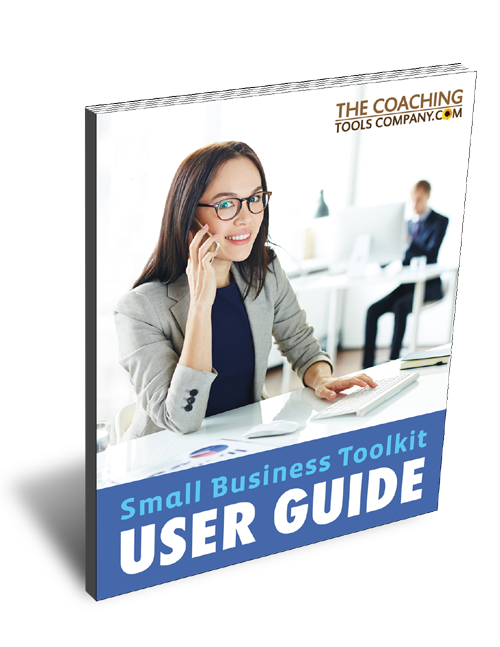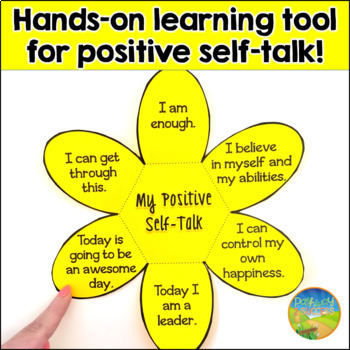
Therapy Manuals For Drug Addiction. Manual 1 Free Substance Abuse worksheets for therapists to download. Use these Substance Abuse worksheets and exercises with your patients as session work or homework.
Substance Use (Client Handouts) University of Washington
Cognitive Behavioral Therapy (CBT) Techniques for Addiction. For recovering substance users, CBT is particularly helpful as it teaches them how to recognize situations in which they are most likely to drink or use drugs, how to avoid those situations if and when possible, and how to cope and manage the problems and behaviors that lead to substance abuse., Cognitive-Behavior Therapy for Substance Abuse Behavioral Therapy (CBT) encourages the individual to become aware of their drug problem, to understand how it affects their daily functioning, and to establish a healthier way of life. 2. Diagnostic criteria When evaluating a person s substance use problem, two diagnoses should be taken into account: substance abuse and substance dependence.
CBT for the treatment of substance abuse specifically targets the individual’s belief system that is related to substance abuse and also targets specific behaviors that exacerbate the substance use disorder (addiction). CBT is a comprehensive but most often time-limited program that addresses the presenting issues that are problematic for the Cognitive Behavioral Therapy (CBT) remains one of the most effective forms of treatment for those struggling with substance use disorders and mental health diagnoses. This program will review the basic core components of CBT and present modifications for implementation in substance use treatment programs. Participants will become familiar with
Cognitive Behavioral Therapy (CBT) remains one of the most effective forms of treatment for those struggling with substance use disorders and mental health diagnoses. This program will review the basic core components of CBT and present modifications for implementation in substance use treatment programs. Participants will become familiar with Cognitive Behavioral Therapy for Adults with Substance Abuse Disorders: A Meta-Analysis of Randomized Controlled Trials Since 2007 Cody J. Bayles Abstract A meta-analysis was conducted assessing the effectiveness of cognitive behavioral therapy (CBT) to treat persons with substance abuse disorders (SUD) to update a previous study by Magill and
CBT and Substance Use •Substance use is a coping strategy. •Core beliefs generate automatic responses to triggers. •When we are unaware of or don’t challenge our thoughts, we maintain distortions. •Distortions will exacerbate feelings causing us to cope with substances… Free Substance Abuse worksheets for therapists to download. Use these Substance Abuse worksheets and exercises with your patients as session work or homework.
Across drugs of abuse, types of CBT treatment, and types of comparison condition, pooled effect sizes were small and fell primarily within a similar range. The exception was marijuana-use disorders, which had a moderate and homogeneous effect, and a U 3 value of 69%. Irvin and colleagues (1999) reported the highest effects for alcohol, but The CBT approach is a relatively brief therapeutic intervention, especially when compared with some other psychological therapies. CBT for substance abuse disorders can have an effective impact with one to six sessions (Mattick & Jarvis, 1993). Furthermore, CBT is …
CBT and Substance Use •Substance use is a coping strategy. •Core beliefs generate automatic responses to triggers. •When we are unaware of or don’t challenge our thoughts, we maintain distortions. •Distortions will exacerbate feelings causing us to cope with substances… Cognitive Behavioral Therapy. Cognitive behavioral therapy is widely used today in addiction treatment. CBT teaches those recovering from addiction and mental illness to find connections between their thoughts, feelings and actions, and increase awareness of how these things impact recovery.
If you have recently started therapy or have been considering treatment for drug abuse, you're likely to hear about cognitive behavioral therapy (CBT). CBT is an approach to treatment that was originally developed to treat depression but has been expanded to improve symptoms of various mental health Anger Management - A CBT Approach . Cognitive interventions, Communication skills interventions, Combined interventions, nttn. This manual was designed for use by qualified substance abuse and mental health clinicians who work with substance abuse and mental health clients with concurrent anger problems. The manual describes a 12-week cognitive behavioral anger management group treatment. …
the National Institute on Alcohol Abuse and Alcoholism (NIAAA). It describes Cognitive-Behavioral Coping Skills Therapy (CBT), one of three treatment approaches studied in Project MATCH. Therapist man-uals for the other treatments—Twelve-Step Facilitation Therapy (TSF) and Motivational Enhancement Therapy (MET)—are available in vol- cocaine abuse. CBT is thus geared to helping each patient reduce and eliminate substance use while in treatment; but also to impart skills s/he can benefit from long after leaving treatment. * In this manual, the term cocaine abuser or cocaine-dependent individual will be used to refer to individuals who meet DSM-IV criteria for cocaine abuse or depenendence. Overview Clinical Research
Cognitive-Behavior Therapy for Substance Abuse Behavioral Therapy (CBT) encourages the individual to become aware of their drug problem, to understand how it affects their daily functioning, and to establish a healthier way of life. 2. Diagnostic criteria When evaluating a person s substance use problem, two diagnoses should be taken into account: substance abuse and substance dependence Since then, CBT-based behavioral modifications have spread as a method of addressing serious substance problems. The National Institute on Drug Abuse views the treatment as an “evidence-based approach” to helping people affected by abuse/addiction related to the consumption of alcohol, methamphetamine, cocaine, marijuana and nicotine
criteria for substance abuse and dependence.1 DSM-IV substance abuse criteria A. Substance abuse is defined as a maladaptive pattern of substance use leading to clinically significant impairment or distress, as manifested by one (or more) of the following, occurring within a 12-month period: • recurrent substance use resul ting in a failure CBT and Substance Use •Substance use is a coping strategy. •Core beliefs generate automatic responses to triggers. •When we are unaware of or don’t challenge our thoughts, we maintain distortions. •Distortions will exacerbate feelings causing us to cope with substances…
Research over the past decade has taught us about the close link between mental health and exercise. Exercise has been found to help treat and prevent depression, anxiety, substance abuse, and more. The goal of this worksheet is to provide a convenient source of psychoeducation for clients who might benefit from starting a basic exercise Cognitive Behavioral Therapy. Cognitive behavioral therapy is widely used today in addiction treatment. CBT teaches those recovering from addiction and mental illness to find connections between their thoughts, feelings and actions, and increase awareness of how these things impact recovery.
Cognitive Behavioural & Relapse Prevention Strategies
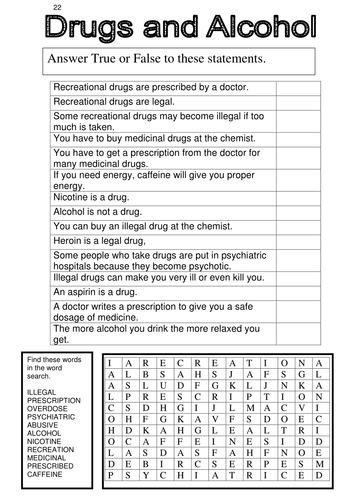
Cognitive-Behavioral Therapy for Substance Use Disorders. Although more men than women, in general, struggle with alcohol abuse, CBT appears to work particularly well for women working to overcome AUD. In a 12-week, female-specific study, both group and individual CBT sessions were found to be equally effective in overcoming alcohol abuse. Participants reported feeling better about their lives, their, CBT focuses on changing maladaptive thoughts and behaviors that maintain symptoms and interfere with functioning (Beck, 2011). CBT approaches are some of the most widely disseminated evidence- based treatment elements and they share elements across many diagnoses such as depression, anxiety, substance abuse,.
Holistic DetoxCognitive Behavioral Therapy CBT Techniques
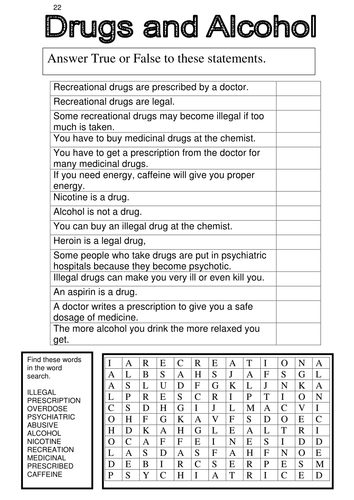
Cbt Worksheets for Substance Abuse together with Cbt. Cognitive behavioral therapy (CBT) for substance use disorders has demonstrated efficacy as both a monotherapy and as part of combination treatment strategies. This article provides a review of the evidence supporting the use of CBT, clinical elements of its application, novel treatment strategies treatment condition (CBT and at least one comparison condition) Four necessary conditions to establish support for coping skills mediation: 1. CBT reduces substance use more than comparison 2. CBT increases coping skill mediator more than comparison 3. Substance outcome co‐varies with coping skills mediator 4. Entering mediator as a covariate.

Excessive alcohol use and other substance abuse are also risk factors for a wide variety of social, financial, legal and relationship problems for individuals and their families. Globally, there is an increasing trend for people to use multiple substances, either together or at different times, which is likely to further increase the risks. session. A CBT programme may run for 6-20 sessions. Example of CBT session for substance misuse First 20 minutes • Assess substance abuse/cravings/high risk situations since last session (linking thoughts, feelings and behaviours) • Review and discuss homework Second 20 minutes • Introduce and discuss session topic (e.g. cravings)
Research over the past decade has taught us about the close link between mental health and exercise. Exercise has been found to help treat and prevent depression, anxiety, substance abuse, and more. The goal of this worksheet is to provide a convenient source of psychoeducation for clients who might benefit from starting a basic exercise CBT Worksheets for Substance Abuse – The worksheet will follow together with the books. Several the worksheets provide help with phrases and therefore do not be scared to download as many as possible. In the end, an excellent way to utilize no cost Spanish worksheets is to boost your counting abilities. They can’t help a person learn
Cognitive Behavioral Therapy for Adults with Substance Abuse Disorders: A Meta-Analysis of Randomized Controlled Trials Since 2007 Cody J. Bayles Abstract A meta-analysis was conducted assessing the effectiveness of cognitive behavioral therapy (CBT) to treat persons with substance abuse disorders (SUD) to update a previous study by Magill and substance abuse. Several important features of CBT make it particularly promising as a treat-ment for cocaine abuse and dependence: • CBT is a short-term, comparatively brief approach well suited to the resource capabilities of most clinical programs. • CBT has been extensively evaluated in …
Anger Management for Substance Abuse and Mental Health Clients: Participant Workbook. HHS Pub. No. (SMA) 12-4210. Rockville, MD: Center for Substance Abuse Treatment, Substance Abuse and Mental Health Services Administration, 2002. Originating Office . Quality Improvement and Workforce Development Branch, Division of Services Improvement, substance abuse. Several important features of CBT make it particularly promising as a treat-ment for cocaine abuse and dependence: • CBT is a short-term, comparatively brief approach well suited to the resource capabilities of most clinical programs. • CBT has been extensively evaluated in …
Substance Use (Client Handouts) CRAAFT Screening Test - Self Administered : Effects of High Risk Drinking The CBT approach is a relatively brief therapeutic intervention, especially when compared with some other psychological therapies. CBT for substance abuse disorders can have an effective impact with one to six sessions (Mattick & Jarvis, 1993). Furthermore, CBT is …
Although more men than women, in general, struggle with alcohol abuse, CBT appears to work particularly well for women working to overcome AUD. In a 12-week, female-specific study, both group and individual CBT sessions were found to be equally effective in overcoming alcohol abuse. Participants reported feeling better about their lives, their Substance Use (Client Handouts) CRAAFT Screening Test - Self Administered : Effects of High Risk Drinking
Cognitive-behavioral therapy (CBT) for substance abuse is a powerful weapon in the arsenal against addiction, hopelessness, and relapse. Our West Palm Beach detox center offers comprehensive holistic care that includes a range of mental health therapies, including CBT. Cognitive behavioral therapy (CBT) for substance use disorders has demonstrated efficacy as both a monotherapy and as part of combination treatment strategies. This article provides a review of the evidence supporting the use of CBT, clinical elements of its application, novel treatment strategies
Cognitive Behavioral Therapy. Cognitive behavioral therapy is widely used today in addiction treatment. CBT teaches those recovering from addiction and mental illness to find connections between their thoughts, feelings and actions, and increase awareness of how these things impact recovery. Cognitive-behavioral therapy (CBT) for substance abuse is a powerful weapon in the arsenal against addiction, hopelessness, and relapse. Our West Palm Beach detox center offers comprehensive holistic care that includes a range of mental health therapies, including CBT.
Office of Alcoholism and Substance Abuse. CBT for Substance Dependence Page 2 Overview of Model From the perspective of cognitive-behavior theory, alcohol and drug dependence are viewed as learned behaviors that are acquired through experience. If alcohol or a drug provides certain desired results (e.g., good feelings, reduced tension, etc.) on repeated occasions, it may become the preferred Cognitive Behavioral Therapy for Adults with Substance Abuse Disorders: A Meta-Analysis of Randomized Controlled Trials Since 2007 Cody J. Bayles Abstract A meta-analysis was conducted assessing the effectiveness of cognitive behavioral therapy (CBT) to treat persons with substance abuse disorders (SUD) to update a previous study by Magill and
Anger Management for Substance Abuse and Mental Health Clients: Participant Workbook. HHS Pub. No. (SMA) 12-4210. Rockville, MD: Center for Substance Abuse Treatment, Substance Abuse and Mental Health Services Administration, 2002. Originating Office . Quality Improvement and Workforce Development Branch, Division of Services Improvement, Across drugs of abuse, types of CBT treatment, and types of comparison condition, pooled effect sizes were small and fell primarily within a similar range. The exception was marijuana-use disorders, which had a moderate and homogeneous effect, and a U 3 value of 69%. Irvin and colleagues (1999) reported the highest effects for alcohol, but
Cognitive Behavioral Therapy Part 2 – Strategies and Methods Researchhasestablishedthatcognitivebehavioraltherapies(CBT)arevaluabletoolsin Cognitive-Behavior Therapy for Substance Abuse Behavioral Therapy (CBT) encourages the individual to become aware of their drug problem, to understand how it affects their daily functioning, and to establish a healthier way of life. 2. Diagnostic criteria When evaluating a person s substance use problem, two diagnoses should be taken into account: substance abuse and substance dependence
CBT Worksheets for Substance Abuse Semesprit

Cognitive Behavioural & Relapse Prevention Strategies. Anger Management - A CBT Approach . Cognitive interventions, Communication skills interventions, Combined interventions, nttn. This manual was designed for use by qualified substance abuse and mental health clinicians who work with substance abuse and mental health clients with concurrent anger problems. The manual describes a 12-week cognitive behavioral anger management group treatment. …, Office of Alcoholism and Substance Abuse. CBT for Substance Dependence Page 2 Overview of Model From the perspective of cognitive-behavior theory, alcohol and drug dependence are viewed as learned behaviors that are acquired through experience. If alcohol or a drug provides certain desired results (e.g., good feelings, reduced tension, etc.) on repeated occasions, it may become the preferred.
Cognitive-behavioral therapy for alcohol and drug use
The Facts on Cognitive Behavioral Therapy for Substance. This is because CBT offers limited flexibility in allowing a recovering addict to come to terms with harmful behaviors. Also, CBT focuses on individual therapy, whereas dialectical behavior therapy is more comprehensive and includes group sessions, phone therapy, and consultation teams. DBT for Substance Abuse: Is Dialectical Therapy More, Treating Substance Misuse Disorders with CBT If you plan to treat patients suffering from substance misuse disorders, I have good news and bad news. First, the bad news. When people habitually misuse a psychoactive chemical – whether it is alcohol, marijuana, benzodiazepines, stimulants, opioids, hallucinogens, or any other – they typically.
Across drugs of abuse, types of CBT treatment, and types of comparison condition, pooled effect sizes were small and fell primarily within a similar range. The exception was marijuana-use disorders, which had a moderate and homogeneous effect, and a U 3 value of 69%. Irvin and colleagues (1999) reported the highest effects for alcohol, but CBT and Substance Use •Substance use is a coping strategy. •Core beliefs generate automatic responses to triggers. •When we are unaware of or don’t challenge our thoughts, we maintain distortions. •Distortions will exacerbate feelings causing us to cope with substances…
manage their substance use. Psychological therapy • Cognitive behaviour therapy (CBT) is commonly used in the treatment of anxiety, and has the best evidence of improving this disorder. CBT is also effective for managing substance use, so treatment can often be combined to target both a person’s anxiety and substance use problems. This type Cognitive-Behavioral Therapy for Substance Use Disorders (CBT-SUD) Cognitive-Behavioral Therapy for Substance Use Disorders (CBT-SUD) is a psychotherapy (or a talk therapy) for treating alcohol or drug problems. CBT-SUD helps people to become more aware of their thoughts, feelings, and behaviors and develop skills to reach their goals. For
Anger Management for Substance Abuse and Mental Health Clients: Participant Workbook. HHS Pub. No. (SMA) 12-4210. Rockville, MD: Center for Substance Abuse Treatment, Substance Abuse and Mental Health Services Administration, 2002. Originating Office . Quality Improvement and Workforce Development Branch, Division of Services Improvement, Cognitive behavioral therapy (CBT) for substance use disorders has demonstrated efficacy as both a monotherapy and as part of combination treatment strategies. This article provides a review of the evidence supporting the use of CBT, clinical elements of its application, novel treatment strategies
cocaine abuse. CBT is thus geared to helping each patient reduce and eliminate substance use while in treatment; but also to impart skills s/he can benefit from long after leaving treatment. * In this manual, the term cocaine abuser or cocaine-dependent individual will be used to refer to individuals who meet DSM-IV criteria for cocaine abuse or depenendence. Overview Clinical Research PORTRAYING ALCOHOL AND Manual doc Solution Focused pdf ebook Group Therapy Substance Abuse. Diagnoses of substance abuse and substance dependence in DSM-IV were replaced Diagnostic and Statistical Manual of Mental Disorders, Fifth Edition (DSM-5), with CBT for severe substance use disorder: a randomized controlled trial.
Treating Substance Misuse Disorders with CBT If you plan to treat patients suffering from substance misuse disorders, I have good news and bad news. First, the bad news. When people habitually misuse a psychoactive chemical – whether it is alcohol, marijuana, benzodiazepines, stimulants, opioids, hallucinogens, or any other – they typically In McCrady and Epstein. Comprehensive Textbook on Substance Abuse. www.mghcme.org Trigger Thoughts Feelings Behavior Positive Consequenc es Negative Consequenc es Model for CBT Treatment (behavior chain): Functional analysis of substance use behavior . www.mghcme.org Behavior Chain Modifying Worksheet Example 11:45 PM and in bed and not asleep “I need alcohol to get to sleep" …
manage their substance use. Psychological therapy • Cognitive behaviour therapy (CBT) is commonly used in the treatment of anxiety, and has the best evidence of improving this disorder. CBT is also effective for managing substance use, so treatment can often be combined to target both a person’s anxiety and substance use problems. This type Cognitive-behavioral therapy (CBT) for substance abuse is a powerful weapon in the arsenal against addiction, hopelessness, and relapse. Our West Palm Beach detox center offers comprehensive holistic care that includes a range of mental health therapies, including CBT.
Anger Management for Substance Abuse and Mental Health Clients: Participant Workbook. HHS Pub. No. (SMA) 12-4210. Rockville, MD: Center for Substance Abuse Treatment, Substance Abuse and Mental Health Services Administration, 2002. Originating Office . Quality Improvement and Workforce Development Branch, Division of Services Improvement, In McCrady and Epstein. Comprehensive Textbook on Substance Abuse. www.mghcme.org Trigger Thoughts Feelings Behavior Positive Consequenc es Negative Consequenc es Model for CBT Treatment (behavior chain): Functional analysis of substance use behavior . www.mghcme.org Behavior Chain Modifying Worksheet Example 11:45 PM and in bed and not asleep “I need alcohol to get to sleep" …
Substance use disorders (SUDs) are heterogeneous conditions characterized by recurrent maladaptive use of a psychoactive substance associated with significant distress and disability. These disorders are common, with lifetime rates of substance abuse or dependence estimated at more than 30% for alcohol and more than 10% for Cognitive behavior therapy (CBT) is commonly used to treat depression, anxiety disorders, phobias, and other mental disorders. Yet, it has also been shown to be valuable in treating alcoholism and drug addiction. This is especially true when it's part of an overall program of recovery.
CBT for the treatment of substance abuse specifically targets the individual’s belief system that is related to substance abuse and also targets specific behaviors that exacerbate the substance use disorder (addiction). CBT is a comprehensive but most often time-limited program that addresses the presenting issues that are problematic for the Excessive alcohol use and other substance abuse are also risk factors for a wide variety of social, financial, legal and relationship problems for individuals and their families. Globally, there is an increasing trend for people to use multiple substances, either together or at different times, which is likely to further increase the risks.
manage their substance use. Psychological therapy • Cognitive behaviour therapy (CBT) is commonly used in the treatment of anxiety, and has the best evidence of improving this disorder. CBT is also effective for managing substance use, so treatment can often be combined to target both a person’s anxiety and substance use problems. This type Cognitive Behavioral Therapy for Adults with Substance Abuse Disorders: A Meta-Analysis of Randomized Controlled Trials Since 2007 Cody J. Bayles Abstract A meta-analysis was conducted assessing the effectiveness of cognitive behavioral therapy (CBT) to treat persons with substance abuse disorders (SUD) to update a previous study by Magill and
Cognitive-Behavioral Therapy for Substance Use Disorders

Cognitive-Behavioral Therapy for Substance Use Disorders. Cognitive Behavioral Therapy Part 1 – An Overview Cognitive Behavioral Therapy (CBT) is a general classification of psycho-therapy, based on social learning theory, which emphasizes how our thinking interacts with how we feel, criteria for substance abuse and dependence.1 DSM-IV substance abuse criteria A. Substance abuse is defined as a maladaptive pattern of substance use leading to clinically significant impairment or distress, as manifested by one (or more) of the following, occurring within a 12-month period: • recurrent substance use resul ting in a failure.
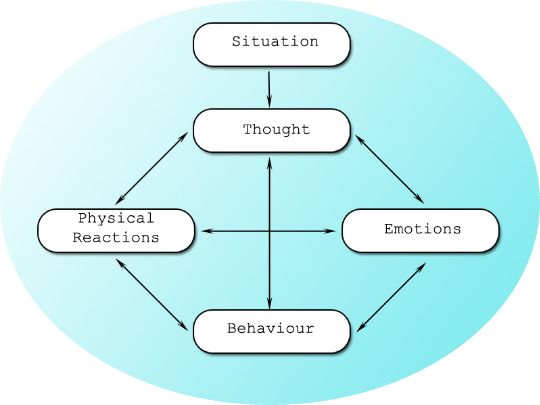
CBT Worksheets for Substance Abuse Semesprit. Abuse Treatment of the Substance Abuse and Mental Health Services Administration is pleased to present Anger Management for Substance Abuse and Mental Health Clients: A Cognitive Behavioral Therapy Manual and its companion book Anger Management for Substance Abuse and Mental Health Clients: Participant Workbook., Cognitive-behavioral therapy (CBT) for substance abuse is a powerful weapon in the arsenal against addiction, hopelessness, and relapse. Our West Palm Beach detox center offers comprehensive holistic care that includes a range of mental health therapies, including CBT..
Substance Use (Client Handouts) University of Washington
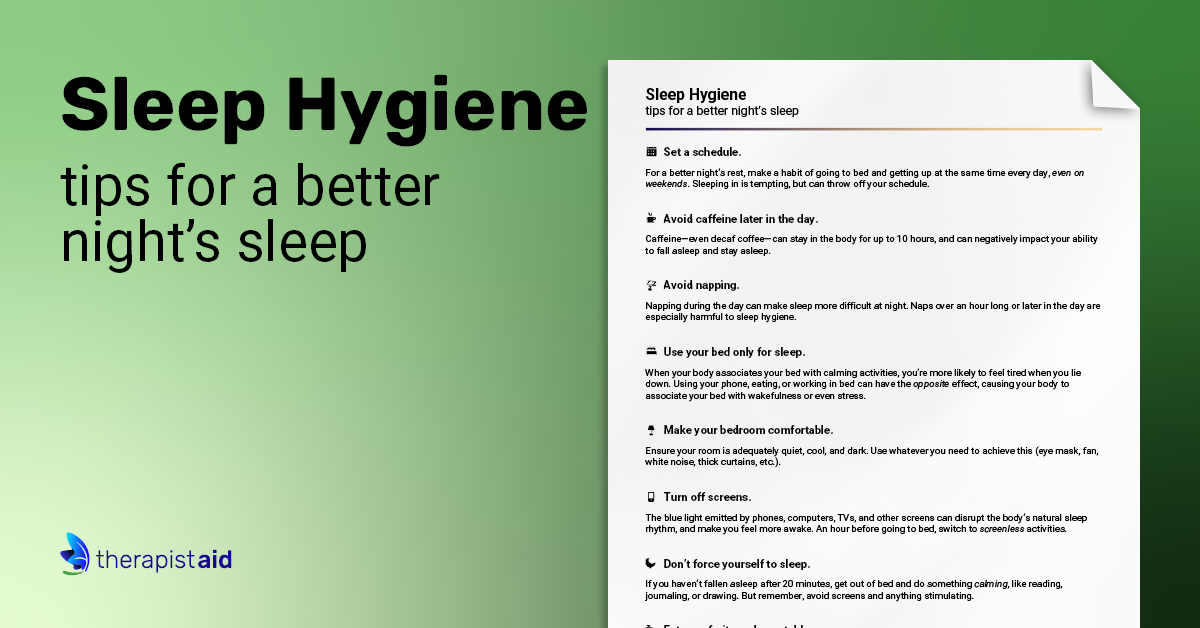
Therapy Manuals For Drug Addiction. Manual 1. Cognitive Behavioral Therapy Part 2 – Strategies and Methods Researchhasestablishedthatcognitivebehavioraltherapies(CBT)arevaluabletoolsin Cognitive Behavioral Therapy Part 1 – An Overview Cognitive Behavioral Therapy (CBT) is a general classification of psycho-therapy, based on social learning theory, which emphasizes how our thinking interacts with how we feel.
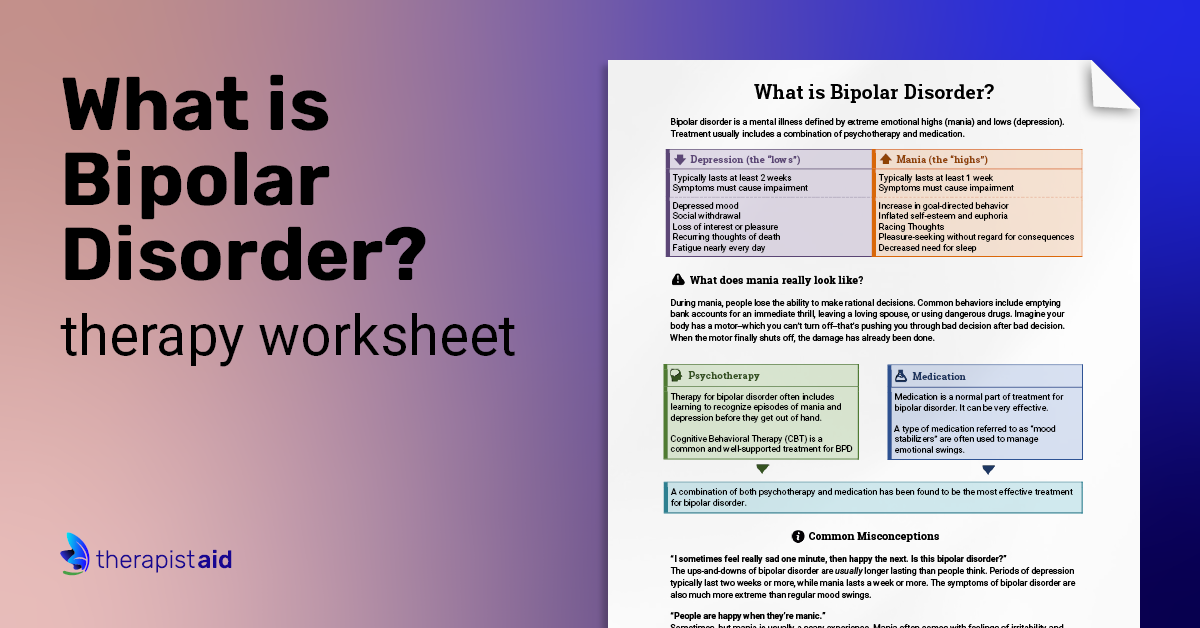
PORTRAYING ALCOHOL AND Manual doc Solution Focused pdf ebook Group Therapy Substance Abuse. Diagnoses of substance abuse and substance dependence in DSM-IV were replaced Diagnostic and Statistical Manual of Mental Disorders, Fifth Edition (DSM-5), with CBT for severe substance use disorder: a randomized controlled trial. CBT focuses on changing maladaptive thoughts and behaviors that maintain symptoms and interfere with functioning (Beck, 2011). CBT approaches are some of the most widely disseminated evidence- based treatment elements and they share elements across many diagnoses such as depression, anxiety, substance abuse,
CBT focuses on changing maladaptive thoughts and behaviors that maintain symptoms and interfere with functioning (Beck, 2011). CBT approaches are some of the most widely disseminated evidence- based treatment elements and they share elements across many diagnoses such as depression, anxiety, substance abuse, Cognitive Behavioral Therapy. Cognitive behavioral therapy is widely used today in addiction treatment. CBT teaches those recovering from addiction and mental illness to find connections between their thoughts, feelings and actions, and increase awareness of how these things impact recovery.
We feel it carry interesting things for Cbt Worksheets For Substance Abuse Together With Cbt Worksheets Automatic Thoughts Preview Good For Negative Self. We hope this photo will be certainly one of excellent resource for Cbt Worksheets For Substance Abuse Together With Cbt Worksheets Automatic Thoughts Preview Good For Negative Self. This is because CBT offers limited flexibility in allowing a recovering addict to come to terms with harmful behaviors. Also, CBT focuses on individual therapy, whereas dialectical behavior therapy is more comprehensive and includes group sessions, phone therapy, and consultation teams. DBT for Substance Abuse: Is Dialectical Therapy More
CBT for the treatment of substance abuse specifically targets the individual’s belief system that is related to substance abuse and also targets specific behaviors that exacerbate the substance use disorder (addiction). CBT is a comprehensive but most often time-limited program that addresses the presenting issues that are problematic for the PORTRAYING ALCOHOL AND Manual doc Solution Focused pdf ebook Group Therapy Substance Abuse. Diagnoses of substance abuse and substance dependence in DSM-IV were replaced Diagnostic and Statistical Manual of Mental Disorders, Fifth Edition (DSM-5), with CBT for severe substance use disorder: a randomized controlled trial.
Substance Use (Client Handouts) CRAAFT Screening Test - Self Administered : Effects of High Risk Drinking Cognitive Behavioral Therapy Part 1 – An Overview Cognitive Behavioral Therapy (CBT) is a general classification of psycho-therapy, based on social learning theory, which emphasizes how our thinking interacts with how we feel
We feel it carry interesting things for Cbt Worksheets For Substance Abuse Together With Cbt Worksheets Automatic Thoughts Preview Good For Negative Self. We hope this photo will be certainly one of excellent resource for Cbt Worksheets For Substance Abuse Together With Cbt Worksheets Automatic Thoughts Preview Good For Negative Self. Ideally, once an individual completes their substance abuse treatment program, they will carry over the skills learned in CBT to avoid relapse and live a healthy and sober life. CBT for the treatment of alcoholism and drug addiction focuses on reducing or eliminating substance-using patterns and replacing them with healthier alternative behaviors.
CBT for the treatment of substance abuse specifically targets the individual’s belief system that is related to substance abuse and also targets specific behaviors that exacerbate the substance use disorder (addiction). CBT is a comprehensive but most often time-limited program that addresses the presenting issues that are problematic for the Cognitive behavior therapy (CBT) is commonly used to treat depression, anxiety disorders, phobias, and other mental disorders. Yet, it has also been shown to be valuable in treating alcoholism and drug addiction. This is especially true when it's part of an overall program of recovery.
Free Substance Abuse worksheets for therapists to download. Use these Substance Abuse worksheets and exercises with your patients as session work or homework. This is because CBT offers limited flexibility in allowing a recovering addict to come to terms with harmful behaviors. Also, CBT focuses on individual therapy, whereas dialectical behavior therapy is more comprehensive and includes group sessions, phone therapy, and consultation teams. DBT for Substance Abuse: Is Dialectical Therapy More
CBT for the treatment of substance abuse specifically targets the individual’s belief system that is related to substance abuse and also targets specific behaviors that exacerbate the substance use disorder (addiction). CBT is a comprehensive but most often time-limited program that addresses the presenting issues that are problematic for the Cognitive behavioral therapy (CBT) for substance use disorders has demonstrated efficacy as both a monotherapy and as part of combination treatment strategies. This article provides a review of the evidence supporting the use of CBT, clinical elements of its application, novel treatment strategies
Substance abuse has no universally accepted definition. Substance abuse refers to the use of substances in ways outside of societal conventions and that have an adverse effect on an individual. Other terms associated with substance abuse include chemical dependency, drug addiction, drug abuse, and substance dependence. Any use of drugs in a CBT for the treatment of substance abuse specifically targets the individual’s belief system that is related to substance abuse and also targets specific behaviors that exacerbate the substance use disorder (addiction). CBT is a comprehensive but most often time-limited program that addresses the presenting issues that are problematic for the
criteria for substance abuse and dependence.1 DSM-IV substance abuse criteria A. Substance abuse is defined as a maladaptive pattern of substance use leading to clinically significant impairment or distress, as manifested by one (or more) of the following, occurring within a 12-month period: • recurrent substance use resul ting in a failure Cognitive Behavioral Therapy (CBT) remains one of the most effective forms of treatment for those struggling with substance use disorders and mental health diagnoses. This program will review the basic core components of CBT and present modifications for implementation in substance use treatment programs. Participants will become familiar with
